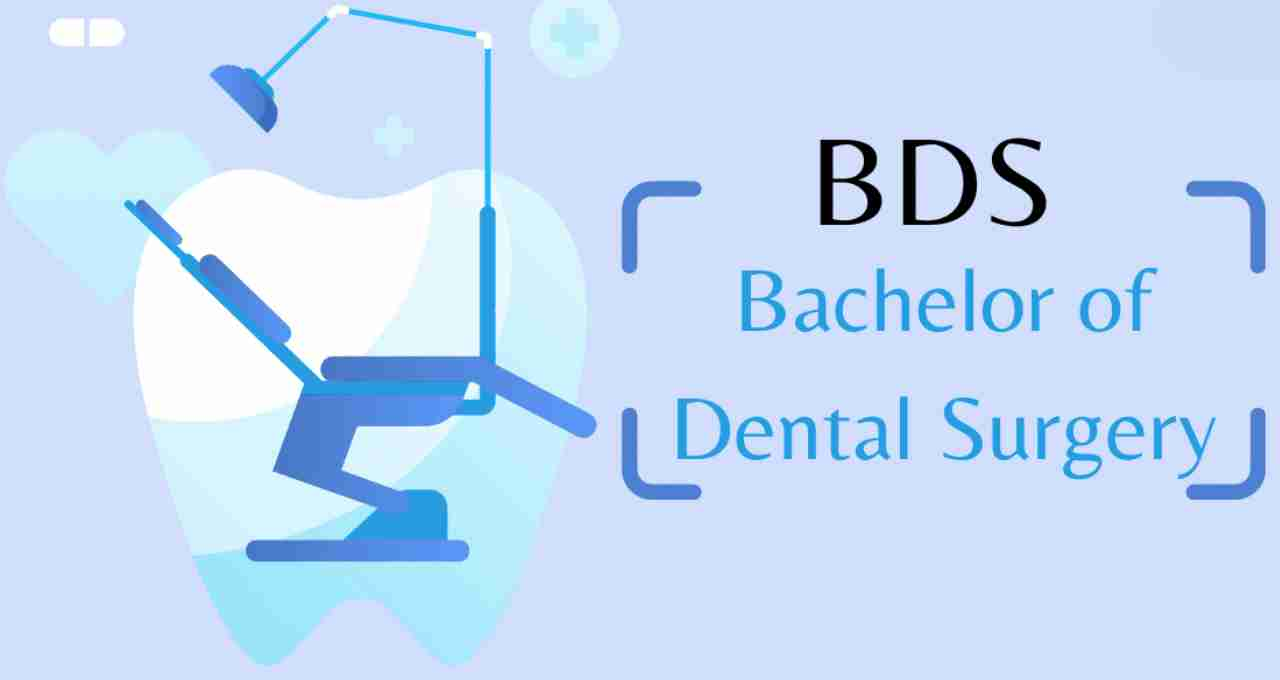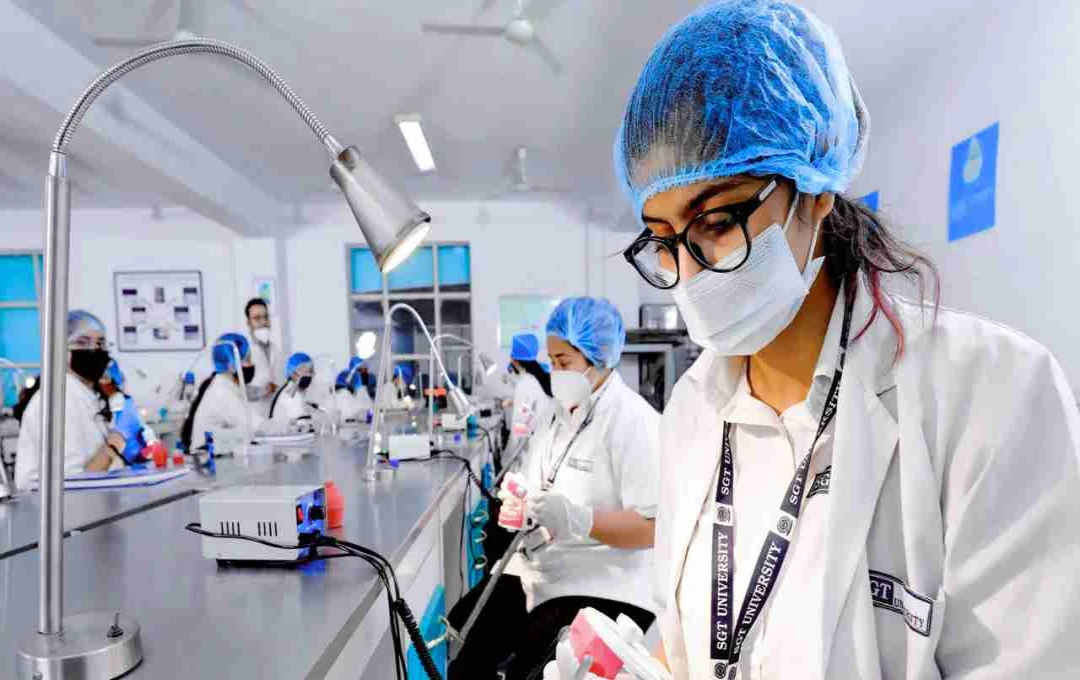If you aspire to pursue a Bachelor of Dental Surgery (BDS) degree and require financial assistance, an education loan can be a viable solution.
Loan for BDS: The number of young people in India dreaming of a career in the medical field is steadily increasing. Dental science, or dentistry, has emerged as a prominent choice. Many students aspiring to pursue a BDS course are unable to fulfill their dreams due to financial constraints. However, education loans have become an effective solution to this problem. This article will explore how much education loan students can obtain for a BDS course, which banks offer this facility, and the application process.
BDS Course: Expenses and Prospects

A BDS course is a professional medical degree program comprising four years of study and one year of internship. This course is offered in both government and private institutions across India. While fees are significantly lower in government colleges, they can range from ₹1.5 lakhs to ₹6 lakhs annually in private institutions. Including hostel fees, books, lab fees, uniforms, and other expenses, the total cost for a student to complete a BDS course can range from ₹6 lakhs to ₹25 lakhs.
How Education Loans Can Help
Banks are generally willing to provide the full amount of the education loan for a BDS course, especially if the institution is recognized. Most banks offer loans up to ₹10 lakhs for studies in India and ₹20 lakhs for studies abroad. Some banks may provide higher loan amounts depending on the need, but this might require a guarantor.
Banks Offering Education Loans
Almost all major public and private banks in India, along with several Non-Banking Financial Companies (NBFCs), provide education loans for medical courses, including BDS. Prominent banks and institutions include:
- State Bank of India (SBI)
- Bank of Baroda
- Punjab National Bank
- Union Bank of India
- HDFC Bank
- ICICI Bank
- Axis Bank
- NBFCs like Avanse, InCred, Credila
Covered Expenses

Education loans are not limited to tuition fees. They typically cover the following expenses:
- Tuition fees
- Hostel fees
- Examination fees
- Laboratory fees
- Books and stationery
- Laptop (in some cases)
- Travel expenses (for foreign studies)
- Uniforms, dental tools, etc.
Required Documents
The following documents are typically required when applying for a loan:
- Admission letter (admission confirmation letter from the college)
- Mark sheets from previous examinations
- Aadhaar card, PAN card, passport-sized photograph
- Fee structure issued by the institution
- Income proof of the guarantor (ITR, salary slip)
- Bank statement
Interest Rates and Repayment Terms
Interest rates for education loans in public sector banks are generally between 8% and 10%, while private banks and NBFCs may charge slightly higher rates, ranging from 10% to 13%. This depends on the credit profile of the student and the co-applicant/guarantor.
Loan repayment (EMI) begins after the course completion. Most banks offer a moratorium period of 6 months to 1 year after course completion. During this period, the student does not have to pay EMIs. The EMI repayment period can range from 5 to 15 years.
Collateral Requirement
For loan amounts exceeding ₹7.5 lakhs, most banks require collateral such as property, fixed deposits (FDs), insurance policies, or other financial instruments. Loans below ₹7.5 lakhs may be available without collateral, provided the guarantor has a stable income.
Government Assistance for Students
The Indian government operates the 'Vidya Lakshmi Portal' to assist students with education loans. Through this portal, students can view education loan schemes from various banks on a single platform and apply to multiple banks using a single form. Additionally, some state governments offer interest subsidies to students from economically weaker sections or backward communities, such as:
- Special interest subsidy schemes for SC/ST/OBC students
- Priority for female students in some North Indian states
Points to Consider Before Taking a Loan
- The institution should be recognized by UGC, AICTE, DCI, or other relevant bodies.
- The guarantor should have a good credit history.
- Consider loan insurance coverage (Loan Protection Plan).
- Plan your EMIs in advance to avoid future payment difficulties.











